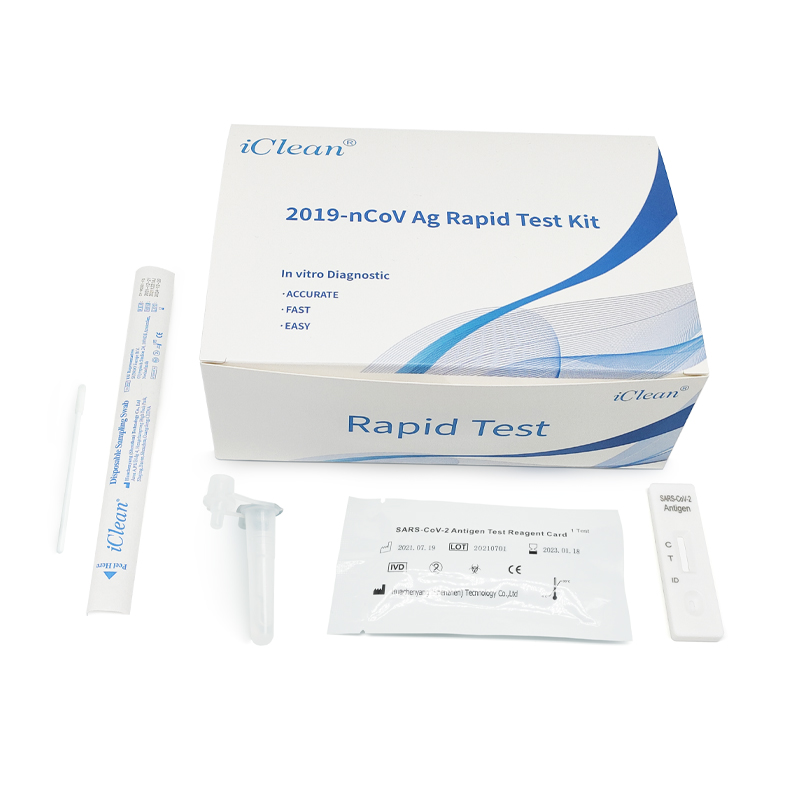HCY’s COVID-19 Ag Rapid Test Kit is Included in the EU HSC Common List
5053Huachenyang COVID-19 Ag Rapid Test Kit is included in the latest EU Common List.
View detailsSearch the whole station Pandemic Supply
Information on types of COVID-19 tests and how they work.
Rapid antigen point-of-care tests are performed by health practitioners, or trained persons under their supervision. This ensures an adequate sample is collected, the results are interpreted correctly and clinical advice and treatment can be provided, if required.
For more information see rapid antigen point-of-care tests.
Rapid Antigen self-tests (home-use tests)
Rapid antigen self-tests can be used unsupervised anywhere, such as at home or work, without the involvement of a health practitioner. The person taking the test will collect the sample, perform the test and interpret the results.
For more information see rapid antigen self-tests.
Detecting antibodies to the SARS-CoV-2 virus
Antibody tests look in our blood to see if our body has produced specific antibodies. These antibodies help fight a current infection or helped to fight a past infection. Antibody tests do not detect the SARS-CoV-2 virus itself.
It takes time for our bodies to make antibodies. A person could be infected with the SARS-CoV-2 virus and be spreading it to other people before we can detect their antibodies.

Scientists usually run viral antibody tests in laboratories. However, since the beginning of the COVID-19 pandemic, some manufacturers have developed tests that can be used outside of the laboratory at the point of care. These are called point-of-care antibody tests. They can also be called serology or IgG or IgM tests. IgG and IgM are different kinds of antibodies made by our bodies to fight infection.
These point-of-care antibody tests are not intended for self-testing. They are designed to be used by a health professional. The supply of COVID-19 rapid antibody tests for self-testing is prohibited in Australia.
Huachenyang COVID-19 Ag Rapid Test Kit is included in the latest EU Common List.
View detailsHow to use iClean COVID-19 Antigen Rapid Test Kit? Here is a video tutorial.
View detailsThe 10-mix-1 virus transport medium has become an effective tool for covid-19 PCR assays because it improves the efficiency of sampling and detecti...
View detailsOmicron has the characteristics of rapid transmission and insidiousness, which allows it to spread rapidly through the population.
View detailsWe value your privacy We use cookies to enhance your browsing experience, serve personalized ads or content, and analyze our traffic. By clicking "Accept All", you consent to our use of cookies.
Our Privacy Policy